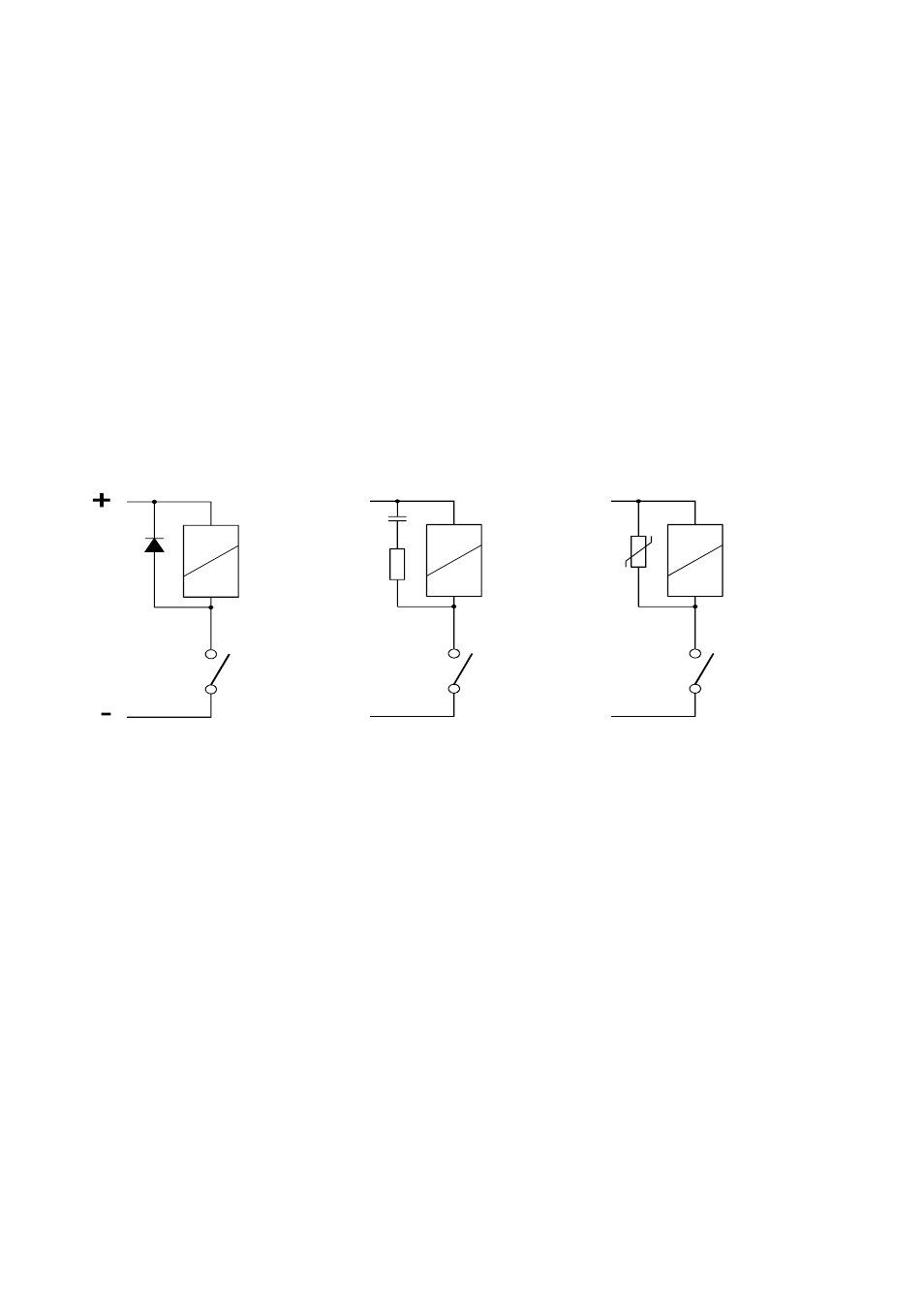Tecfluid AD Series User Manual
Page 3

Install the flow rate detector in a pipe, with the arrow in the fluid direction.
For the electrical installation, a multi-conductor cable should be used to obtain a good seal
with the cable gland. The connector is provided with a PG 9 cable gland, suitable for a 4.5 to 7 mm out-
side diameter cable. Connect the reed switch as required. Terminal 3 of the connector is the common,
terminal 2 is the normally closed (N.C.) contact and terminal 1 is the normally open (N.O.) contact when
there is no flow. The fourth terminal is an earth connection which is connected to the body of the flow
rate detector.
The electrical installation should provide a fuse or circuit breaker to protect the reed switch
from overloads.
Make sure that the contact rating is not exceeded. If high loads are to be switched, use an
auxiliary relay.
When using inductive loads, such as relays or electro-valve coils, surge arresters should be
installed to protect the reed contacts.
With a dc supply, a diode should be connected as shown.
For an ac supply, an RC circuit can be used as shown, although a varistor (VDR) is better
and is easier to select the right value. The VDR should have a breakdown voltage greater than 1.5
times the rms voltage. The standard varistor ratings specify the rms working voltage for the varistor, for
example a S05K25 varistor will be for 25 V
rms
working and will have a breakdown voltage of 39 V at 1
mA.
Coil
Coil
Coil
Reed
Reed
Reed
VDR
R
C
AC Supply
AC Supply
DC Supply
